Apple planned Android support for the Apple Watch but ultimately scrapped the project once they realized it might affect iPhone sales, according to a recent Bloomberg report.
"The move, codenamed Project Fennel, would have brought the company's health features — and the health benefits Apple has repeatedly underlined — to many more people, especially in countries where Apple has little market share," writes Mark Gurman.
Ultimately, the project was axed for fear that Apple might kill the goose that laid the golden egg. Project Fennel was cancelled close to completion, Gurman claimed, "in part because the Apple Watch is a driver of iPhone sales."
It's quite a stark turnabout from the iPod days.
The "halo effect" is a long-recognized cognitive bias demonstrated by consumers who develop a positive impression of a company or brand based on a singular product experience, and buy other products from the same company as a result. The term first came into popular use around Apple products more than two decades ago after the launch of the iPod.
When Apple first released the iPod in 2001, consumers needed a Mac (equipped with FireWire) to make it work. There were certainly MP3 players available for Windows PCs, but Windows consumers clamored for Apple's device.
Less than a year after the initial iPod debuted, Apple iterated the device and added Windows support. Mac sales did indeed rise along with iPod sales in those years.
The halo effect would again be brought up with the iPhone's release in 2007. A positive experience with the iPhone would lead to more sales of other Apple products, the story went — and that is indeed what happened.
More than 20 years past the introduction of the iPod, Apple occupies a very different space in the consumer tech ecosystem than it did, and the iPhone remains the company's premier hardware product.
Apple's scrapped Android plans for Apple Watch would seem to mirror what happened with Apple's iMessage plans for Android. Steve Jobs once claimed that Apple would publish iMessage and FaceTime as open industry standards, but Apple abandoned those plans.
The internal discussion over Apple's plans for iMessage were revealed during the Epic Games v Apple court case. Apple VP Craig Federighi told other executives that Messages for Android "would simply serve to remove an obstacle to iPhone families giving their kids Android phones."
The Apple Watch continues to dominate smartwatch sales, capturing the lion's share of smartwatch shipments and revenue, and has indeed changed the entire nature of the watch industry itself. It's a huge product segment for Apple, garnering $41.1 billion in revenue in 2022.
But some analysts predict a year-over-year sales decline for the Apple Watch based on current shipment momentum. Apple will report its latest quarterly earnings after the close of the bell on Thursday.
At which point we may collectively get a better sense of how Apple Watch sales are doing, now that we're well into the Series 9 and Ultra 2 era.
 Peter Cohen
Peter Cohen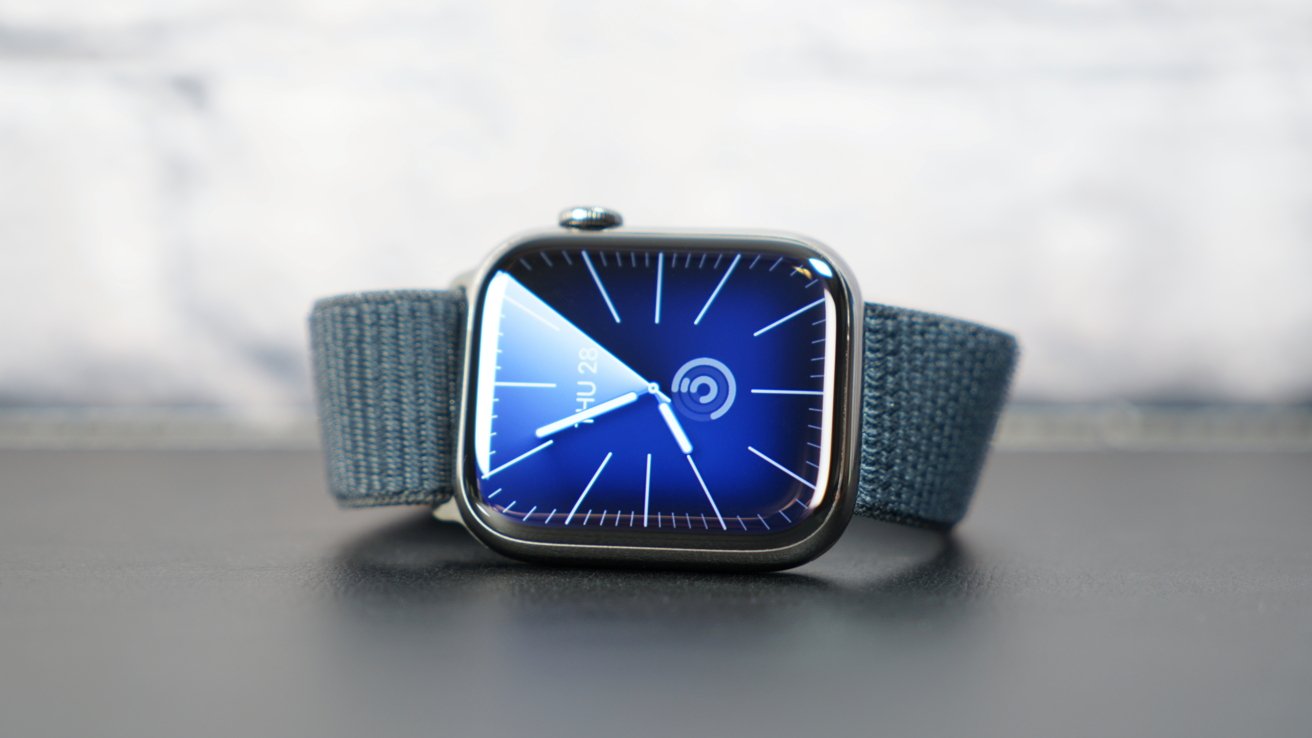




-m.jpg)


-m.jpg)






 Chip Loder
Chip Loder
 Oliver Haslam
Oliver Haslam
 Malcolm Owen
Malcolm Owen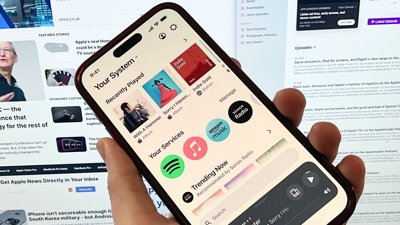
 William Gallagher
William Gallagher
 Amber Neely
Amber Neely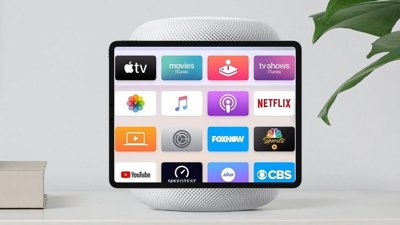
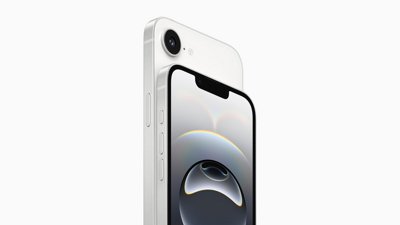
 Andrew Orr
Andrew Orr
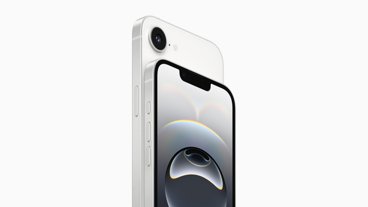







21 Comments
Don’t they offer Apple Music on Android? I assume they expect that to not affect iPhone demand as much as AW?
Can't imagine many people bought an iPhone because of Watch. Other way round more likely.
Apple Watch is a great device and the king of smart watches. It literally owns the market, like iPod did the MP3 player market. If Apple is serious about making a difference in health, and I genuinely think they are, this is a mistake. When you factor in Android, the potential market for AW is bigger than iPhone, not just in terms of device sales but also social impact.